Taysha Gene Therapies Inc., a patient-centric gene therapy company focused on developing and commercializing AAV-based gene therapies for the treatment of monogenic diseases of the central nervous system in both rare and large patient populations, announced that it has received rare pediatric disease designation and orphan drug designation from the U.S. Food and Drug Administration (FDA) for TSHA-104, an AAV9-based gene therapy in development for SURF1-associated Leigh syndrome. Taysha anticipates it will submit an Investigational New Drug (IND) application to the FDA for TSHA-104 in 2021.
“We have now obtained rare pediatric disease and orphan drug designations in multiple gene therapy programs, which we believe will allow us to work more effectively with the FDA as we advance our broad portfolio,” said RA Session II, President, CEO and Founder of Taysha. “The receipt of these designations highlights the dedication that our team has to advancing our gene therapy pipeline as efficiently and rapidly as possible.”
Leigh syndrome is a severe neurological disorder that usually presents in the first year of life. It is characterized by progressive loss of mental and movement abilities that can result in death within two to three years. Approximately 10-15% of people with Leigh syndrome have a SURF1 mutation.
“Being diagnosed with a mutation in the SURF1 gene is a truly devastating event for families,” said Kasey Woleben, Founder of Cure SURF1 Foundation. “Taysha’s commitment to developing a gene therapy for SURF1 deficiency is greatly welcomed by the patient community and has the potential to save the lives of children afflicted with this progressive disorder.”
Taysha has secured rare pediatric disease designation and orphan drug designation for multiple of its programs, including GM2 gangliosidosis, CLN1, Rett syndrome and now SURF1. In addition to these designations, the company also has fast track status for the CLN1 program.
“SURF1 deficiency is a monogenic mitochondrial disorder and is the most common cause of cytochrome c oxidase deficient Leigh syndrome,” said Steven Gray, Ph.D., Chief Scientific Advisor of Taysha and Associate Professor in the Department of Pediatrics at UT Southwestern. “Obtaining these key designations highlights our commitment to developing a gene therapy for the treatment of SURF1 deficiency.”
The FDA defines a rare pediatric disease as a serious or life-threatening disease in which the disease manifestations primarily affect individuals aged from birth to 18 years. Pediatric diseases recognized as "rare" affect under 200,000 people in the U.S. The Rare Pediatric Disease Priority Review Voucher Program is intended to address the challenges that drug companies face when developing treatments for these unique patient populations. Under this program, companies are eligible to receive a priority review voucher following approval of a product with rare pediatric disease designation if the marketing application submitted for the product satisfies certain conditions, including approval prior to December 11, 2022 unless changed by legislation. If issued, a sponsor may redeem a priority review voucher for priority review of a subsequent marketing application for a different product candidate, or the priority review voucher could be sold or transferred to another sponsor.
Orphan drug designation is granted by the FDA Office of Orphan Products Development to investigational treatments that are intended for the treatment of rare diseases affecting fewer than 200,000 people in the U.S. The program was developed to encourage the development of medicines for rare diseases, and benefits include tax credits and application fee waivers designed to offset some development costs as well as eligibility for market exclusivity for seven years post approval.

 Leigh syndrome is characterized by progressive loss of mental and movement abilities that can result in death within two to three years
Leigh syndrome is characterized by progressive loss of mental and movement abilities that can result in death within two to three years






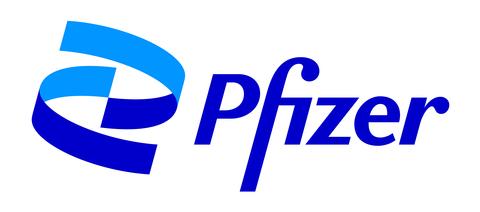
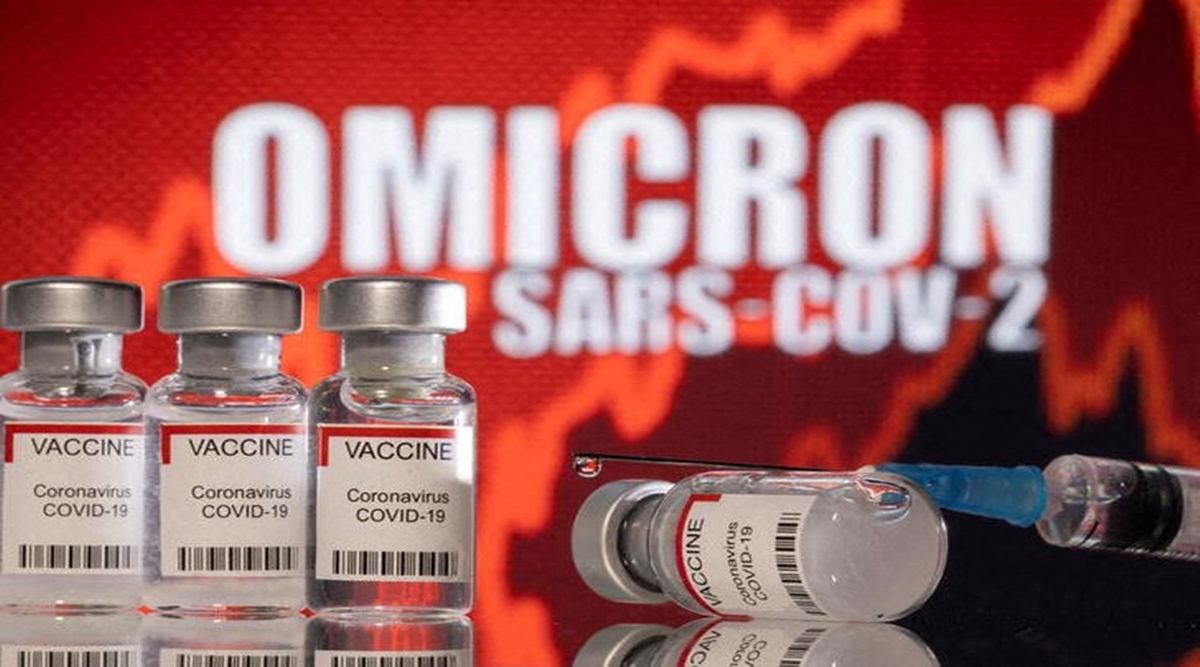
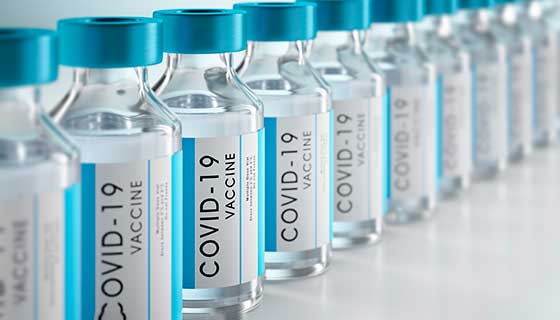
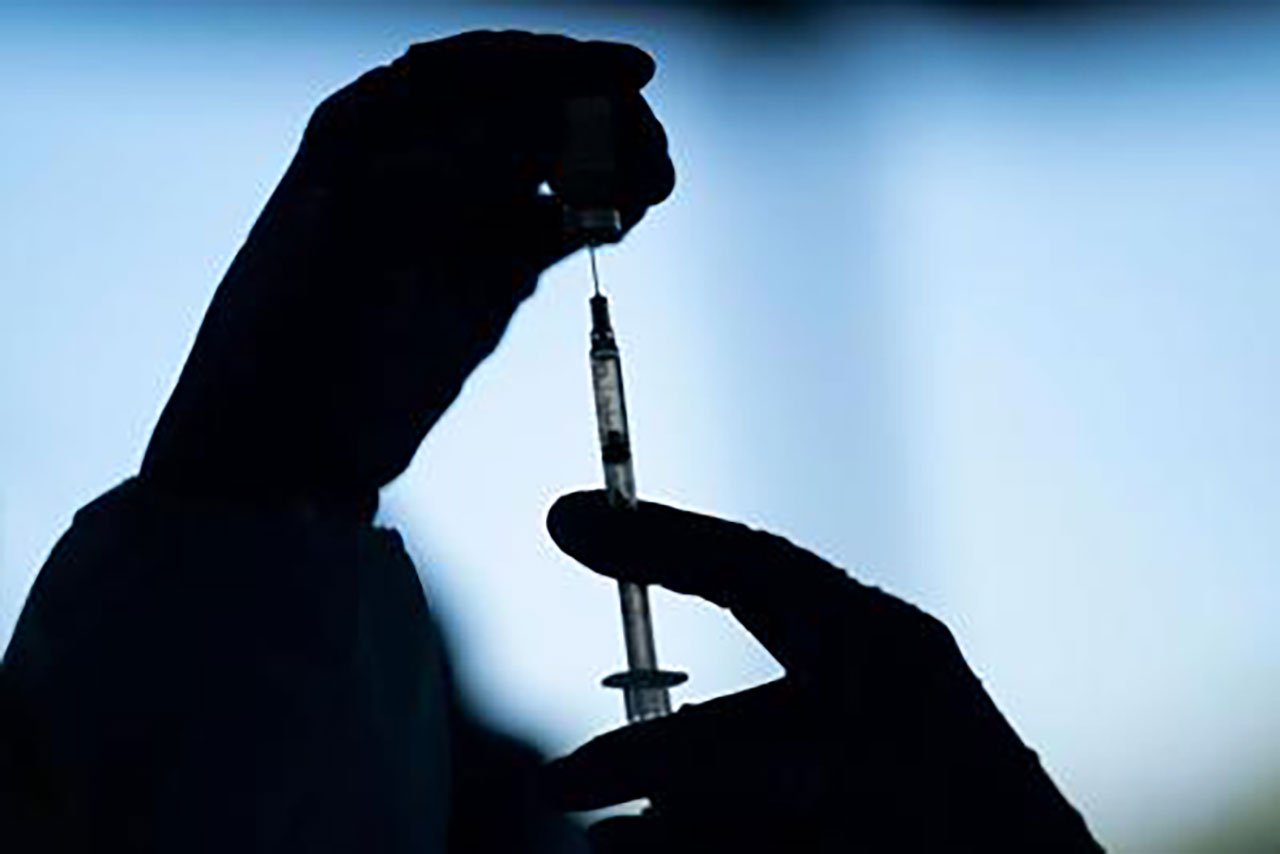
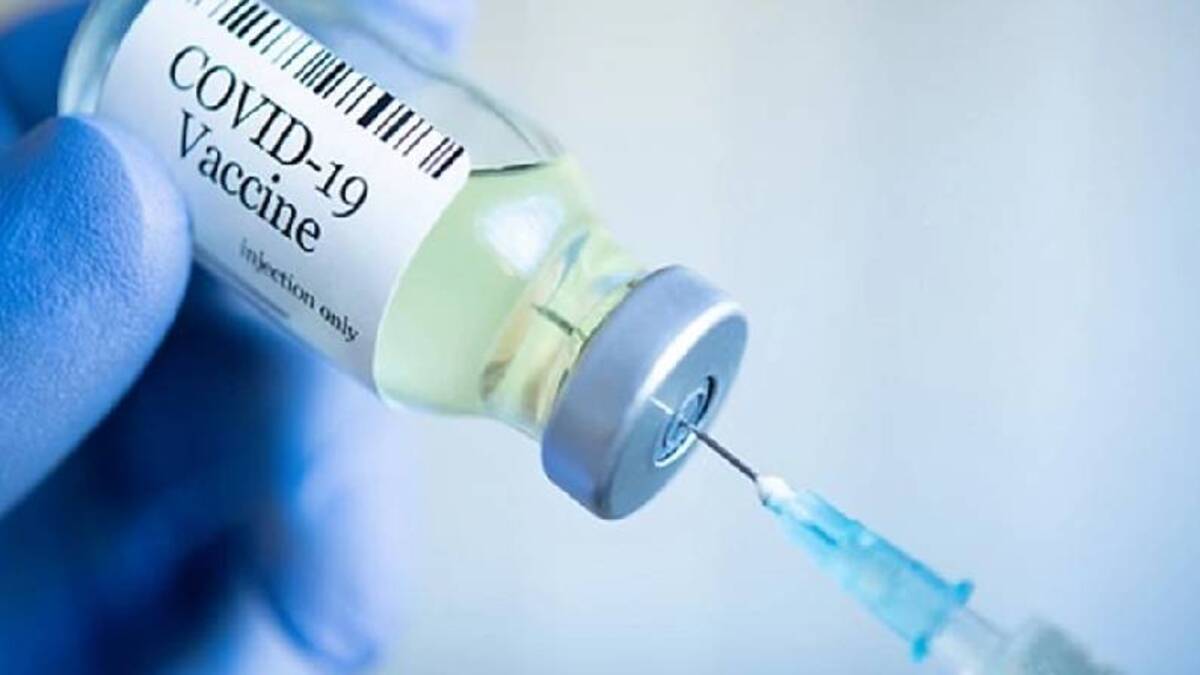
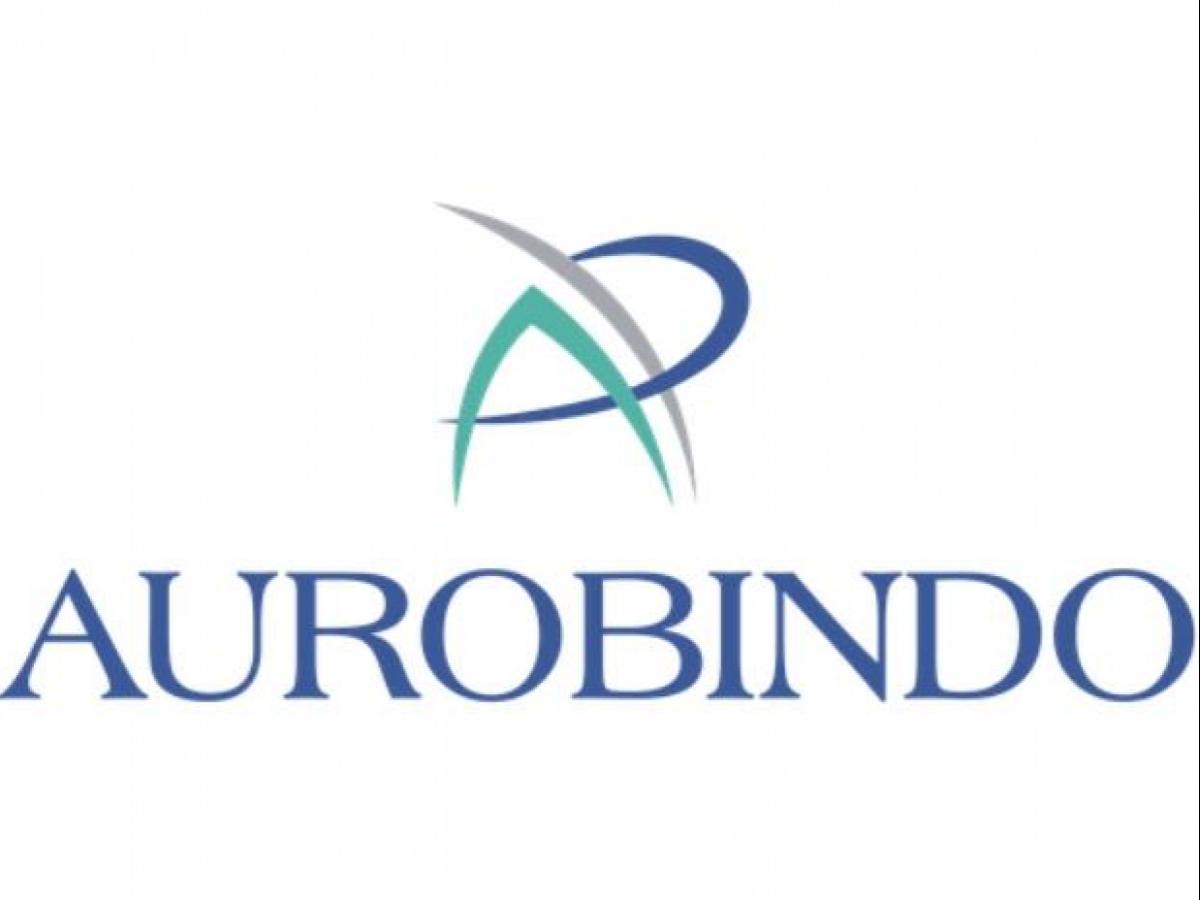
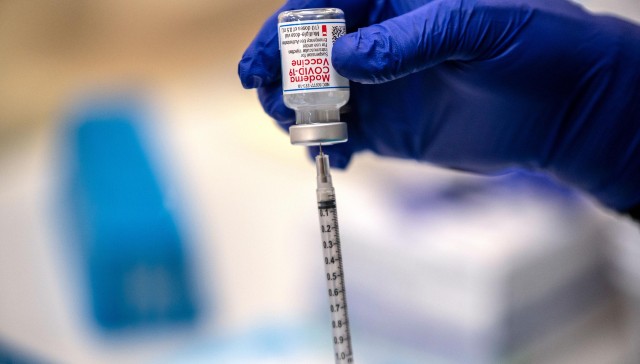
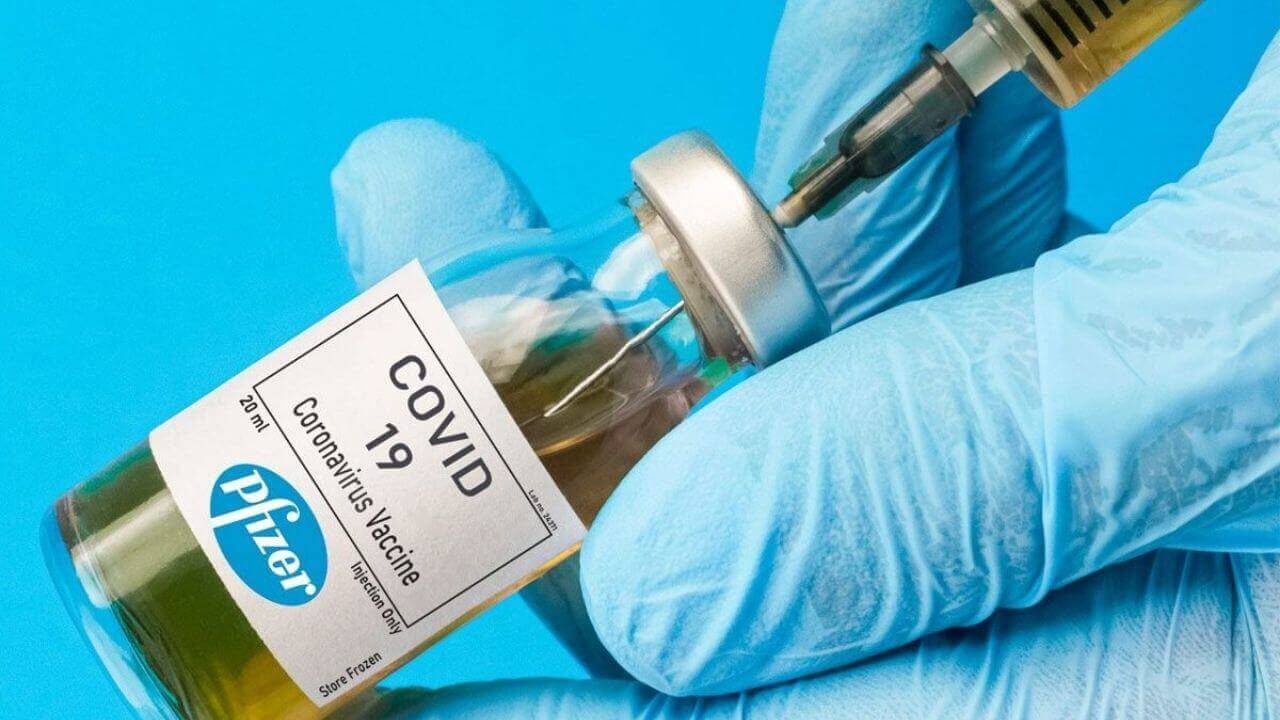
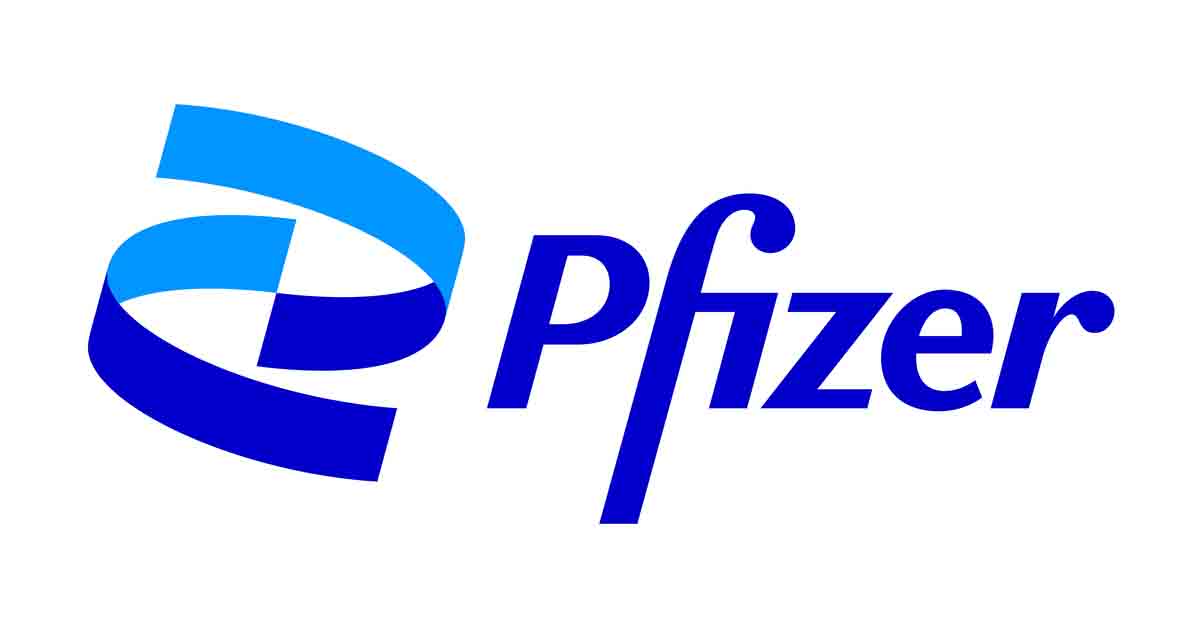





.jpeg)

.jpeg)










.jpg)




.jpg)

